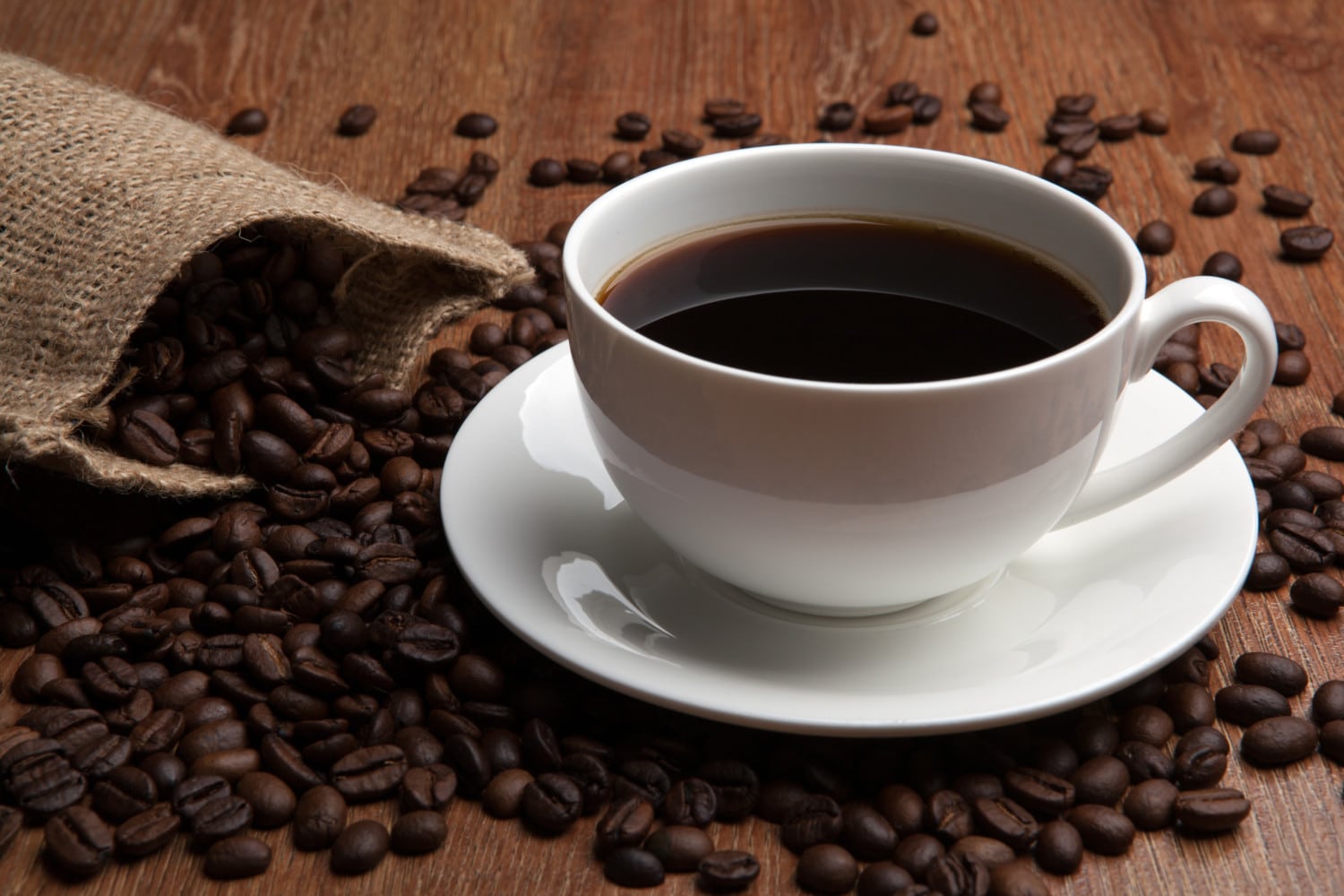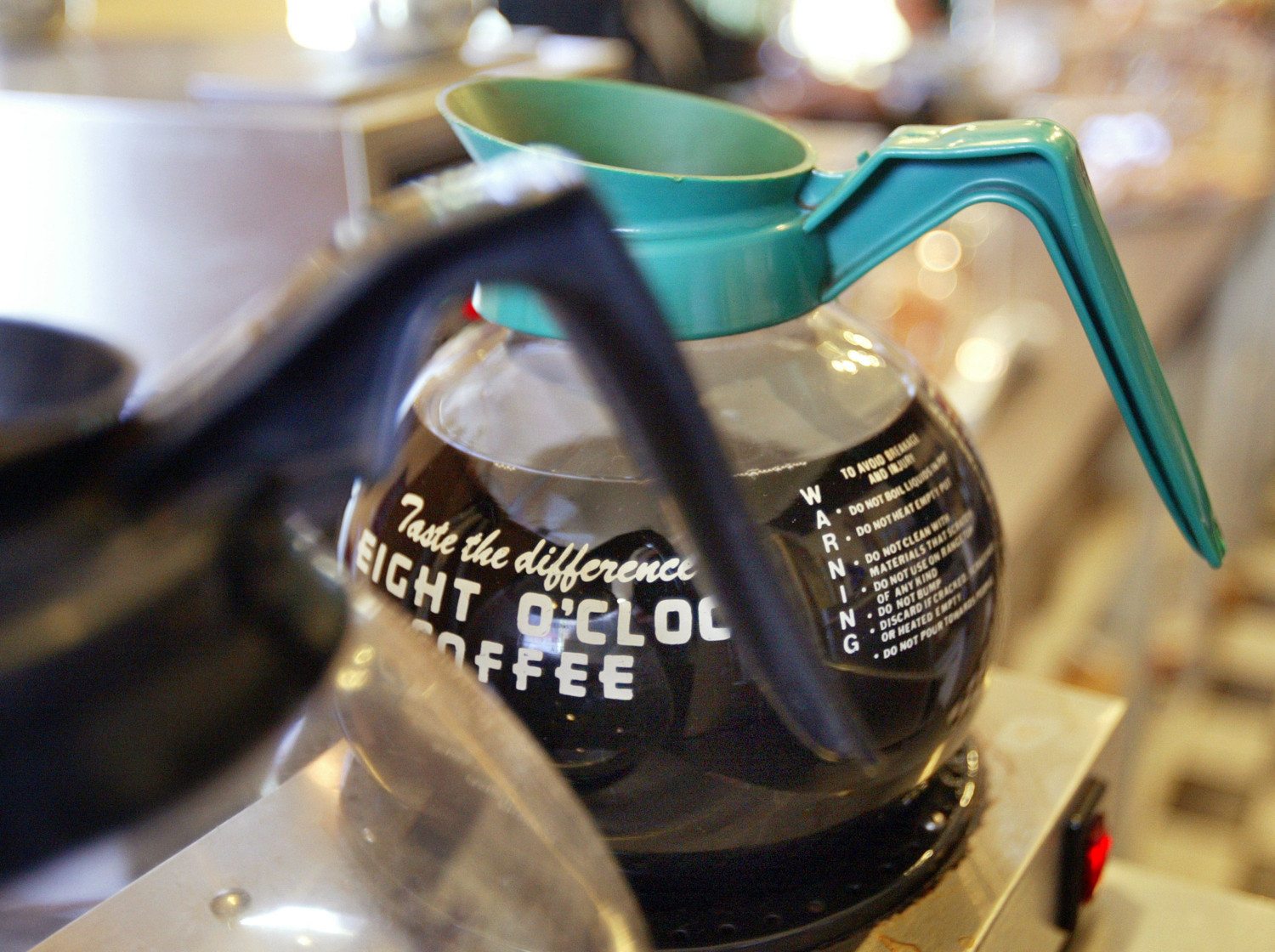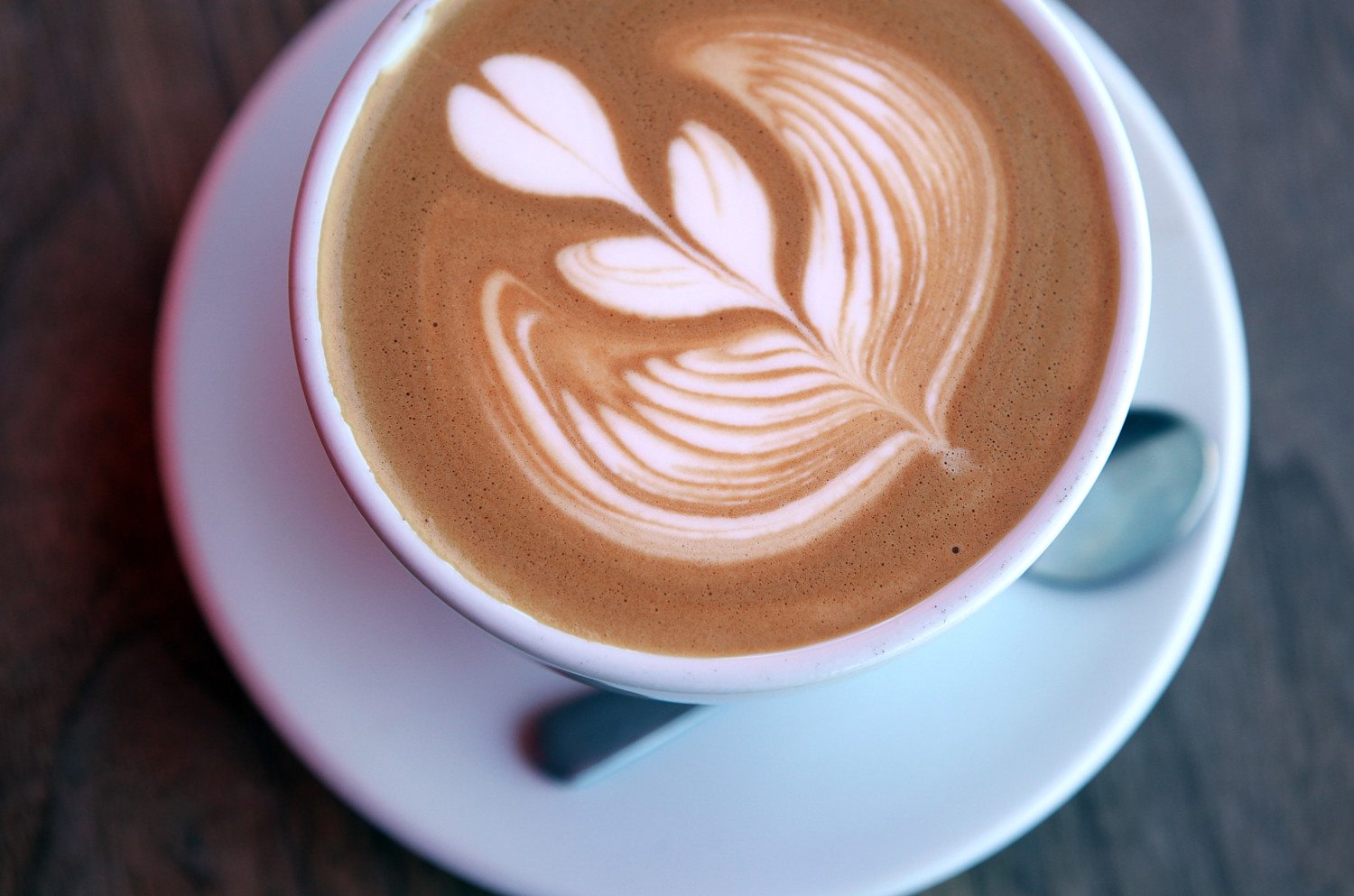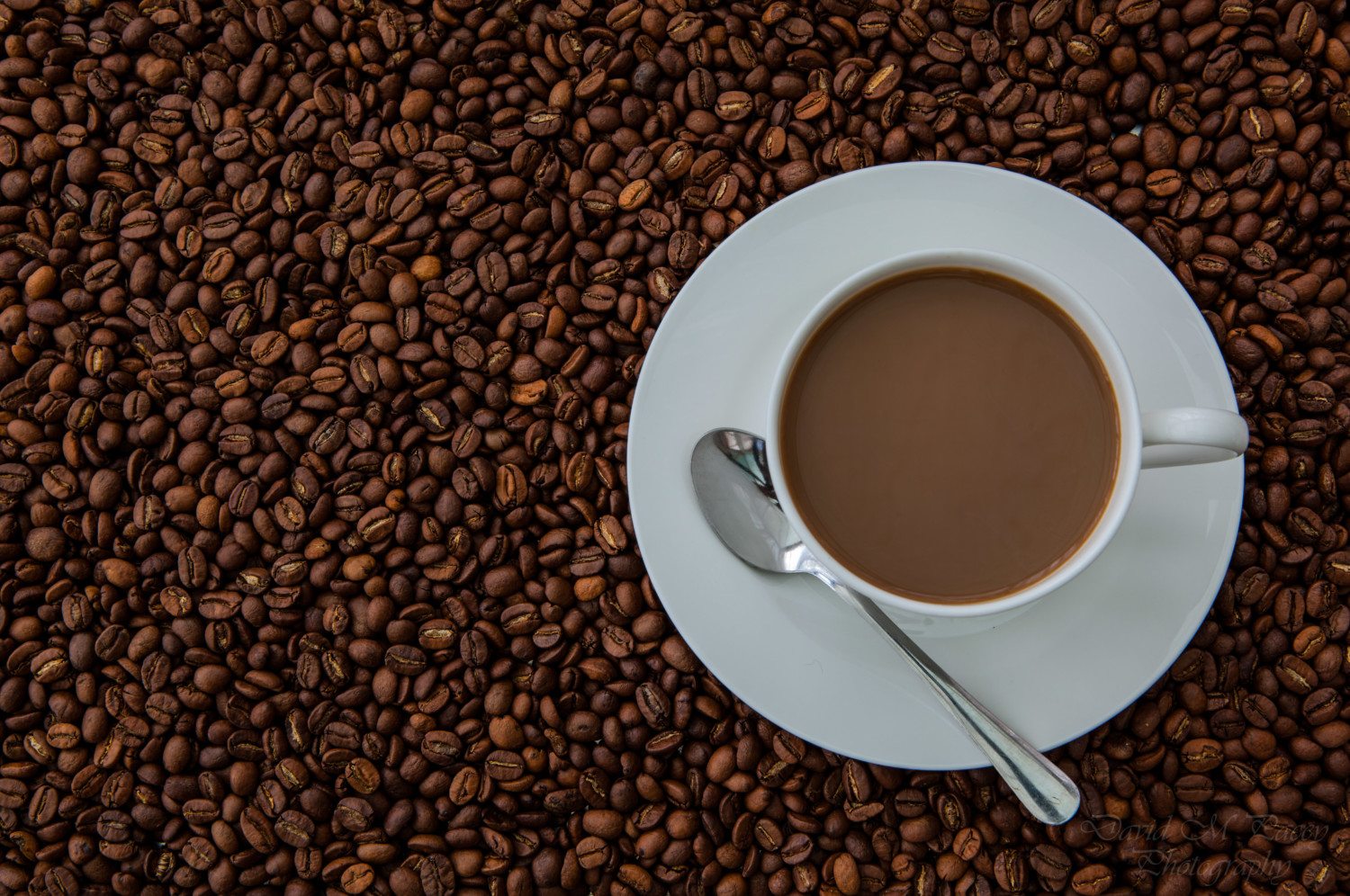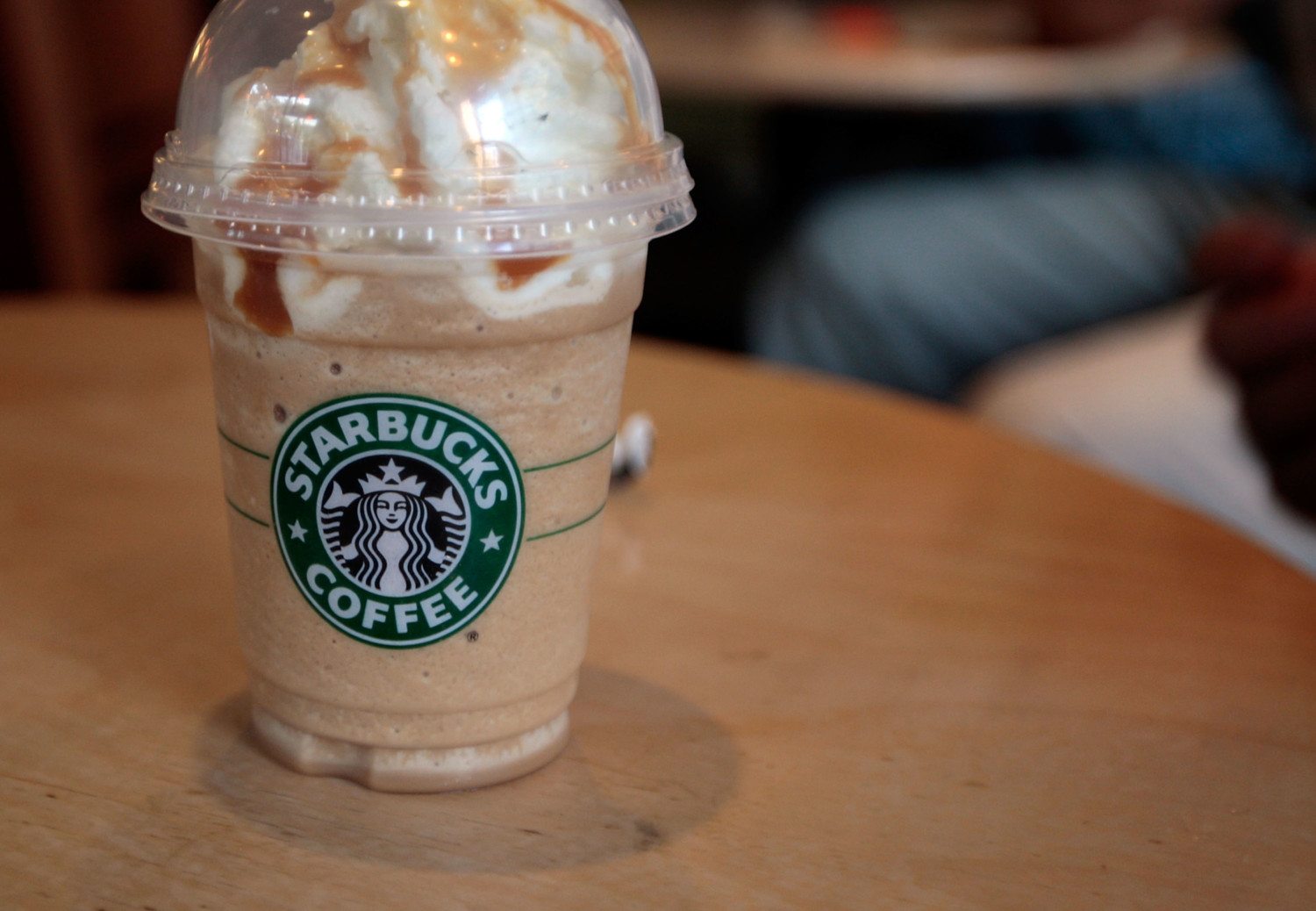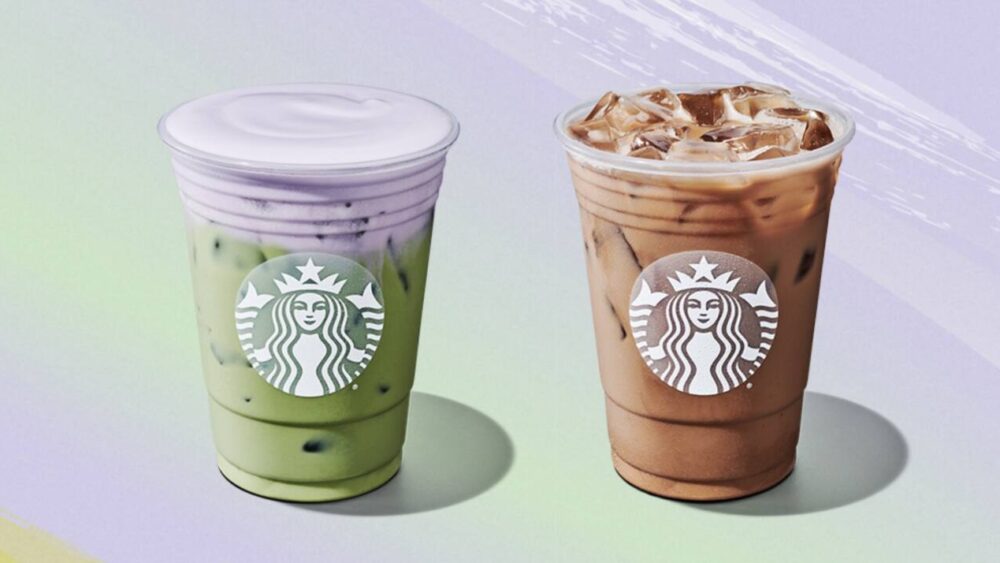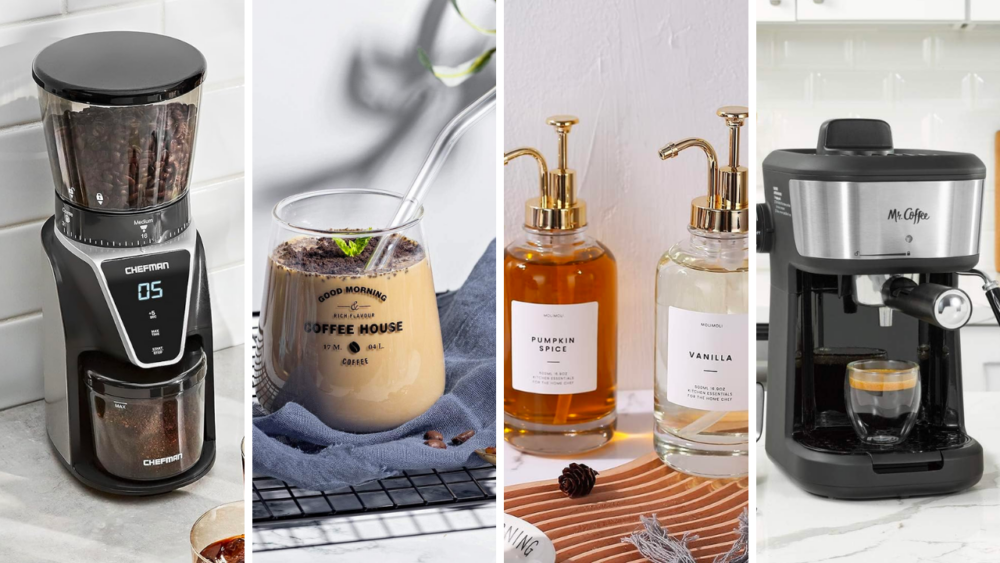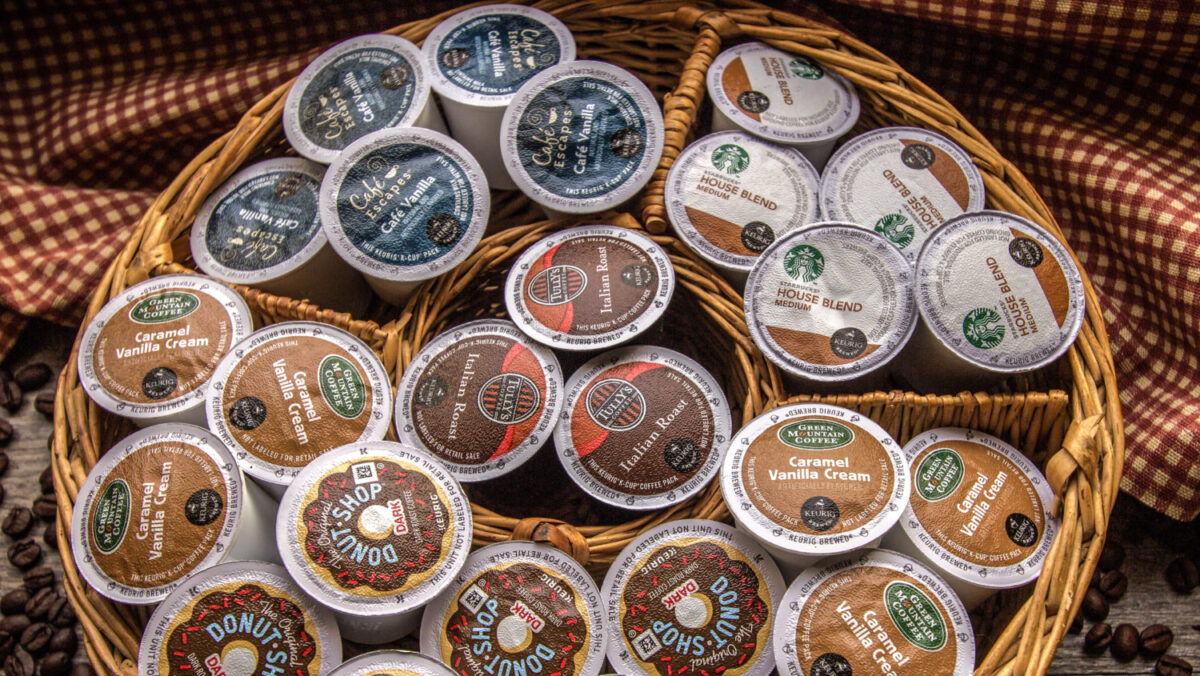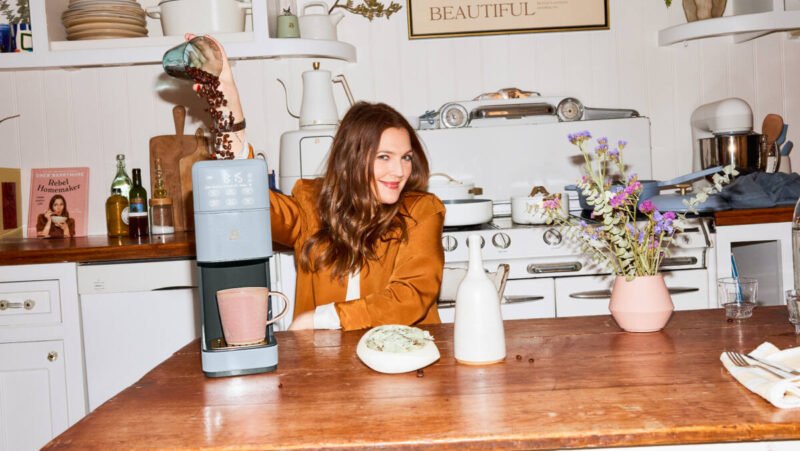Is Decaf Coffee Bad For You? What Science Has To Say
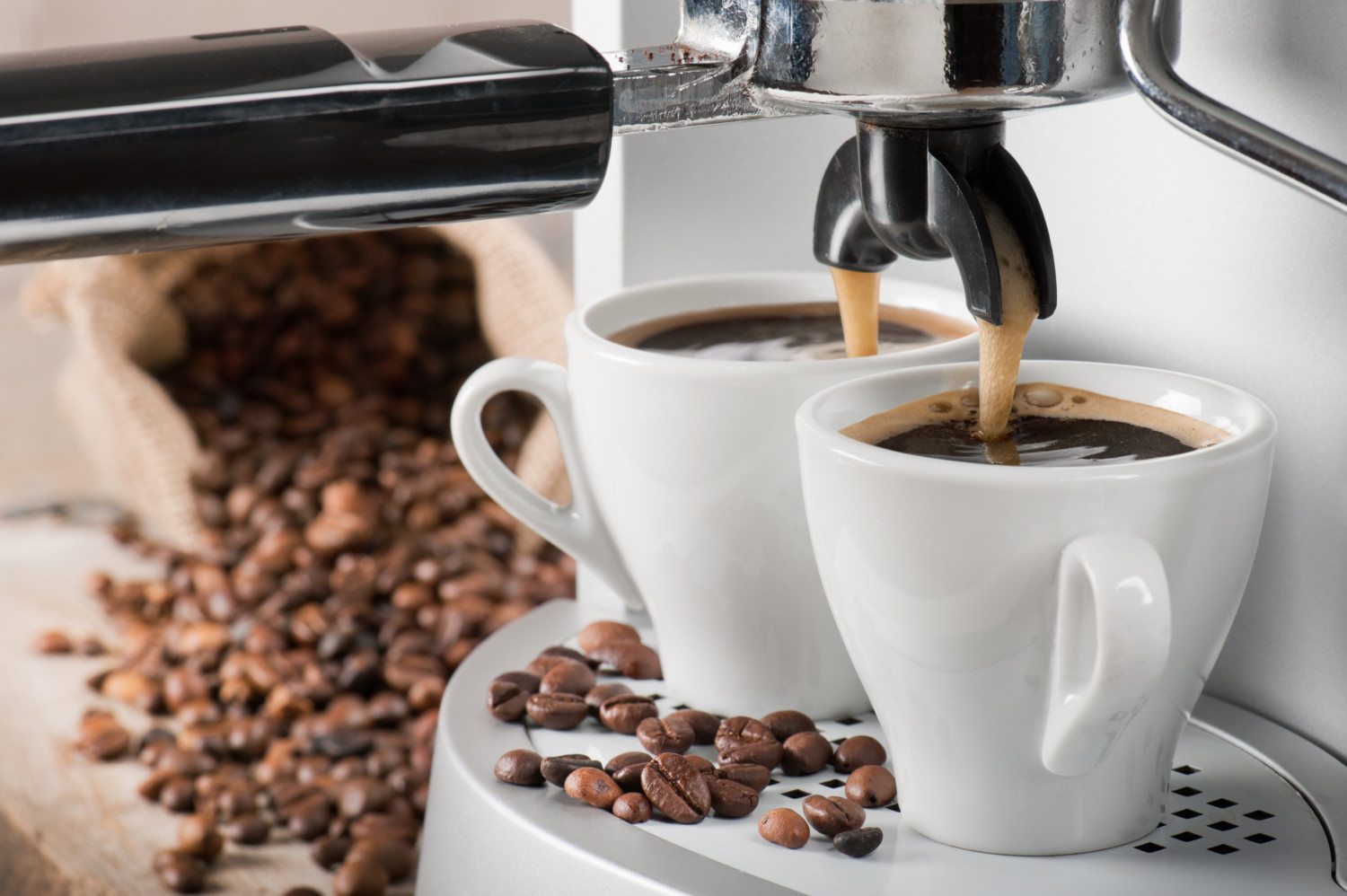
Decaffeinated coffee, for some, is a fair compromise. Your cup of coffee delivers warmth, flavor and aroma, but you skip out on the side effects like jitters and insomnia that can be associated with caffeine.
Worldwide, decaffeinated coffee is, not surprisingly, far less popular than its caffeinated counterpart. After all, it’s the jolt of java that makes the beverage so beloved for many. Still, decaf accounts for 12 percent of consumption, translating to 1 billion pounds a year, and even the most devoted regular coffee drinkers might opt for decaf in the evening so they’re not up tossing and turning all night long.
But have you ever paused to consider whether decaffeinated coffee is bad for your health? Is the decaffeination process safe, and are coffee’s healthy antioxidants stripped from the beans along with the caffeine?
The short answer: Health experts say go ahead, keep drinking decaf if you’d like because the modern-day decaffeination process doesn’t pose the same risks as earlier methods of caffeine-stripping. But there are some minor caveats you should know about if you take your coffee unleaded for health purposes.
How Is Caffeine Stripped From Coffee?
First, a little history: German coffee merchant Ludwig Roselius is credited with inventing the first process for decaffeinating coffee back in 1905. His method used benzene, which is a potentially toxic hydrocarbon that can cause a host of problems if consumed at high levels, including drowsiness, dizziness, irregular heartbeat, vomiting and convulsions, according to the Centers for Disease Control and Prevention.
These days, the methods of decaffeinating coffee are far more gentle and safe — and none of them involve benzene.
Typically, there are three methods for stripping the caffeine, Consumer Reports explains. All start by soaking or steaming green, unroasted coffee beans until their pores are opened to remove the caffeine.
Two methods are chemical-free, relying simply on carbon dioxide or water. No problem.
But the most common extraction method does use chemical solvents such as ethyl acetate, which is naturally found in some fruits, and methylene chloride, which is commonly used in adhesive and paint, Consumer Reports explains. The method relying on methylene chloride is debated some within coffee circles. But, the Food and Drug Administration concludes that only a trace amount gets into decaf coffee (we’re talking 10 parts per million) and isn’t enough to cause any health concerns.
Here’s where things get a little tricky: The labels on your decaf coffee packages don’t say how your coffee beans were stripped of caffeine.
“If consumers want to be sure that synthetic solvents weren’t used to decaffeinate, they should look for the organic seal,” says Charlotte Vallaeys, Consumer Reports’ senior policy analyst and food-label expert.
Does Decaf Deliver Health Benefits?
Several studies have examined the health benefits of coffee consumption and take into consideration whether they apply to both caffeinated and decaffeinated coffee.
A major study published in 2017 that involved more than 215,000 participants found that people who drink coffee appear to live longer — and it didn’t matter if they were drinking decaf or regular. Overall, drinking coffee was associated with a lower risk of death due to heart disease, cancer, stroke, diabetes and kidney disease.
“Lower mortality was present regardless of whether people drank regular or decaffeinated coffee, suggesting the association is not tied to caffeine, said Veronica W. Setiawan, lead author of the study and an associate professor of preventive medicine at the Keck School of Medicine of University of Southern California, in a news release. The study was published in the Annals of Internal Medicine.
In 2005, a much smaller study, involving 187 people and funded by the National Institutes of Health, found that decaffeinated — not caffeinated — coffee may cause an increase in harmful LDL cholesterol.
Several other studies conclude both types of coffee have health benefits.
Drinking coffee, whether its regular or decaf, lowers the risk of developing type 2 diabetes, according to a study published in the Archives of Internal Medicine. Other research suggested that drinking coffee may be a boon for liver health, and again concluded it didn’t matter whether it was regular or decaf.
Who Should Drink Decaf?
First, know this: Almost all decaffeinated coffee contains some caffeine, according to researchers at the University of Florida. Researchers from the university warn that if someone is drinking five to 10 cups of decaf a day, the caffeine dosage could easily reach the level present in a cup or two of caffeinated coffee — which is reason for concern for those with kidney disease, anxiety disorders or who are pregnant and are advised to cut caffeine intake.
But if you’re simply looking to cut down your caffeine intake, or if you experience some of caffeine’s side effects — namely insomnia, headaches, jitters or nausea — decaf is a healthy and safe option.
The biggest health concern with coffee, though, doesn’t have to do with whether it’s caffeinated. Health experts at Harvard Medical School wag their fingers at the sugary syrups, creams and sugar we often add to our coffee. When coffee’s nutritional profile begins to look more like that of a milkshake, saturated fat and extra calories can lead to weight gain, as well as cause quick spikes in your blood sugar.
So, how do you take your coffee?


